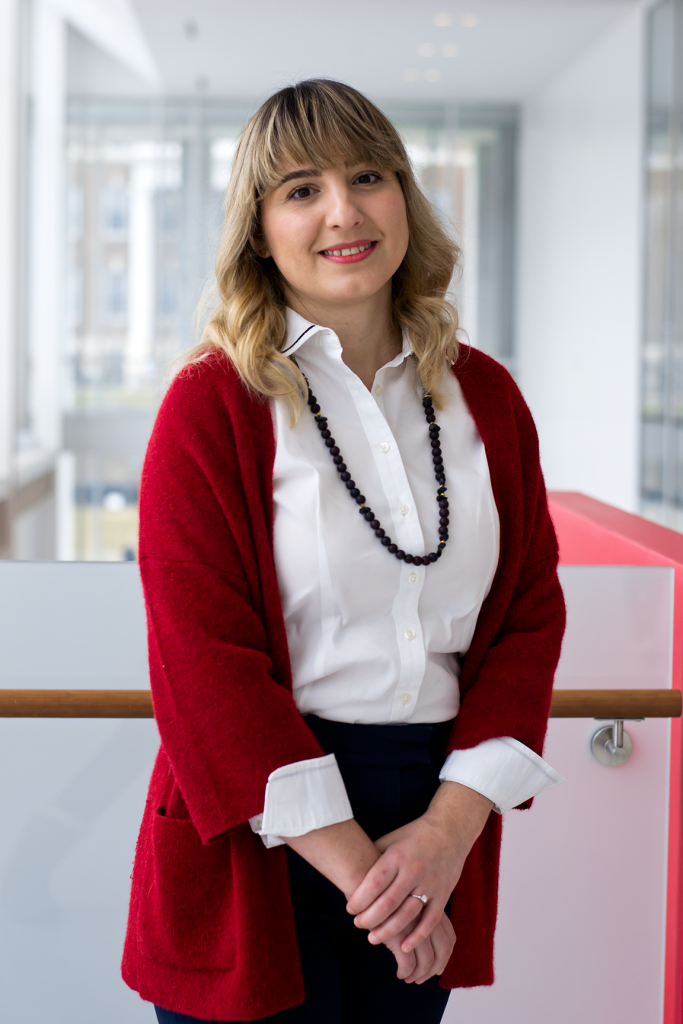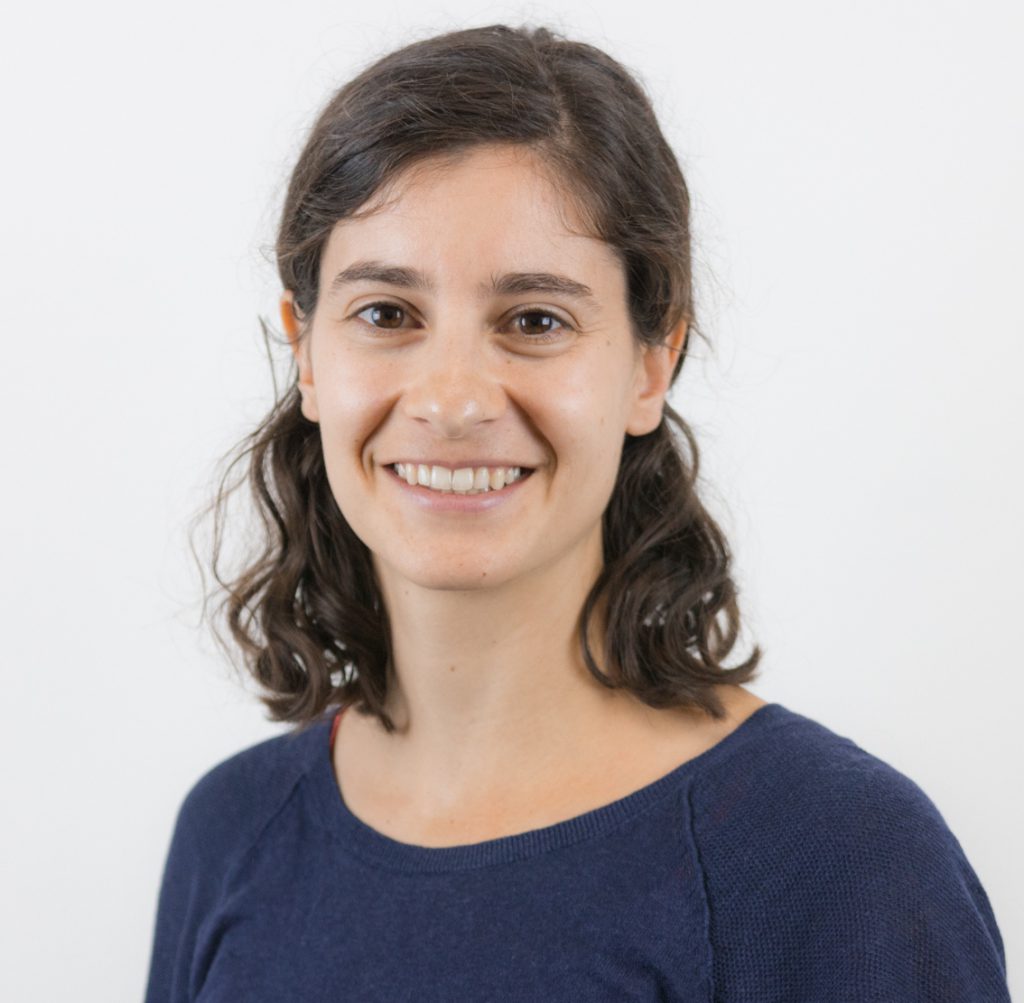People
Principal Investigators

Dr. Gregg Vanderheiden is the founder of the Trace R&D Center and served as its director for 50 years until stepping down in October 2021. He is a professor in the College of Information Studies at the University of Maryland. He has been active in the field of technology and disability for 50 years and was a pioneer in the field of Augmentative Communication (a term originating from his writings), assistive technology and computer access. Access features developed by Dr. Vanderheiden and the Trace Center team can be found in every computer and mobile device internationally (Windows, MacOS, Linux, iOS and Android). Dr Vanderheiden was selected as part of the team designing the first digital talking book machines for the Library of Congress talking book service – and carried out extensive exploration and testing of approaches in senior living facilities. Dr. Vanderheiden is a past President and Fellow of RESNA, a Founding Fellow of the American Institute of Medical and Biological Engineering (AIMBE) and Fellow in the Human Factors and Ergonomics society. He has been a long-time leader in the area of web accessibility, creating the first set of Web Accessibility guidelines in 1995 and serving as co-editor and co-chairing the WCAG Working Group from its inception through 2013. At the 6th World Wide Web Conference, he was the third annual recipient of the Yuri Rubinsky Memorial World Wide Web Award, following Vint Cerf and Doug Engelbart. Dr. Gregg Vanderheiden homepage.

Dr. J. Bern Jordan is an assistant research scientist in the College of Information Studies (iSchool) at the University of Maryland. Dr. Jordan has worked in the field of accessibility and universal design for nearly 20 years. His work with Trace R&D Center has included the development of techniques for cross-disability access to public ICT, development of cross-disability user experiences, analysis and contributions to accessibility standards and regulations, the development of hands-on accessibility training workshops, and research into automatically generating personal, one-size-fits-one interfaces and adapting devices to meet user needs and preferences. His research interests are in the areas of accessibility, human-computer interaction, and user-centered design. Dr. Jordan has been awarded 10 patents relating to disability access. As part of technology transfer and support, he has worked with over a dozen companies and other organizations on improving the accessibility of public kiosks and other ICT products. Dr. J. Bern Jordan homepage.

Dr. Hernisa Kacorri is an Assistant Professor in the College of Information Studies. She holds an affiliate appointment in the Computer Science and the Human-Computer Interaction Lab at the University of Maryland, College Park and serves as a core faculty at the Trace R&D Center. She received her Ph.D. in Computer Science in 2016 from The Graduate Center at City University of New York, and has conducted research at the University of Athens, IBM Research-Tokyo, Lawrence Berkeley National Lab, and Carnegie Mellon University. Her research focuses on data-driven technologies that can benefit the disability community, with an emphasis on rigorous, user-based experimental methodologies to assess impact. Hernisa is a recipient of a Mina Rees Dissertation Fellowship in the Sciences, an ACM ASSETS best paper finalist and a best paper award, an ACM CHI honorable mention award, and an IEEE WACV best paper award. She has been recognized by the Rising Stars in EECS program of CMU/MIT. Dr. Hernisa Kacorri homepage.

Dr. Amanda Lazar is an assistant professor in the College of Information Studies and an affiliate in the Department of Computer Science at the University of Maryland, College Park. She received her PhD from the University of Washington in the Department of Biomedical Informatics and Medical Education, where she was funded by the National Science Foundation Graduate Research Fellowship and the National Library of Medicine predoctoral fellowship. Her research examines the design of technology for older adults – and in particular, older adults with dementia – to support social interaction and engagement in activities. Her work is supported by the National Institute on Disability, Independent Living, and Rehabilitation Research (NIDILRR) and the National Science Foundation. Dr. Amanda Lazar homepage.

